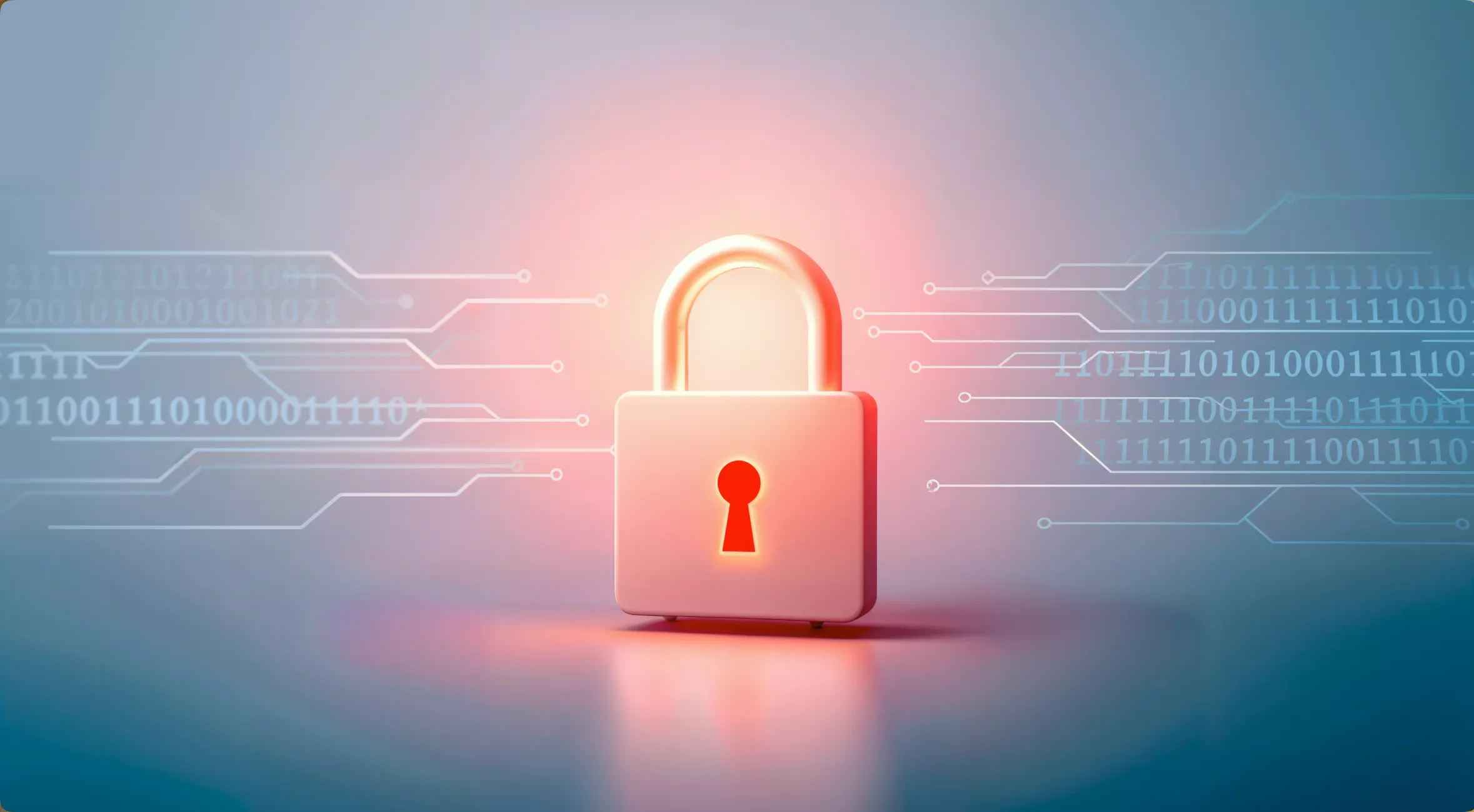Secure your Dubai Website: Cybersecurity Best Practices
More Blogs
In today's world, the rise of cyber threats is a serious concern, making website security crucial. This is especially true for businesses in a vibrant business hub like Dubai. With its status as a global center for business and technology, Dubai is a prime target for cybercriminals looking to exploit weaknesses and access sensitive information. By adopting thorough cybersecurity measures, you can greatly minimize the chances of cyberattacks and safeguard your website in Dubai. Remember, cybersecurity is an ongoing effort, and it's essential to keep abreast of the latest threats.
Get a free quote for cyber security integrations
Why is Cybersecurity important in Dubai?
- Economic Hub: Dubai's swift economic growth and technological progress heighten its risk of cyber attacks.
- Data Privacy Laws: The UAE enforces stringent data protection regulations, and non-compliance can lead to significant penalties.
- Brand Reputation: A data breach can severely damage your brand's reputation and erode customer trust.
- Financial Loss: The repercussions can include substantial financial losses from data recovery costs, lost revenue, legal expenses, and potential business disruptions.
Essential Cybersecurity practices for Dubai websites
Strong, Unique Passwords:
- Complexity: The password should contain a mix of uppercase and lowercase letters, numbers, and symbols.
- Uniqueness: Passwords should not be reused for different accounts.
- Password Managers: Employ good password managers that securely store and generate strong passwords.
Regular Software Updates:
- Timely Updates: Your website software, plugins, and themes should be updated on time.
- Automated Updates: Set up the system such that automated updates are installed on time for security patches.
- Third-Party Components: Periodically inspect and update third-party components.
Secure Hosting:
- Reputable Provider: Use a reputed web hosting service provider with the best security measures.
- Security Features: Find those offering- routine security audits, DDoS protection, malware scanning, SSL certificates, firewall protection, and data backups & recovery.
HTTPS Encryption:
- Data Protection: Use HTTPS to encrypt data in transit between your website and your users' browsers.
- Trust Signals: HTTPS encryption enhances your website's credibility and search engine rankings.
Firewall Protection:
- Network Security: Set up a firewall to monitor and filter network traffic.
- Threat Mitigation: A firewall can effectively block malicious attacks and unauthorized access attempts.
Malware Scanning:
- Regular Scans: Run regular malware scans to identify and remove threats.
- Real-time Protection: Use reliable security software with real-time protection capabilities.
Backup and Recovery:
- Regular Backups: Create regular backups of your website's data.
- Disaster Recovery Plan: Design a disaster recovery plan to restore your website in case of a security breach.
Employee Training:
- Cybersecurity Awareness: Educate employees about cybersecurity best practices.
- Phishing Awareness: Provide regular training on phishing attacks and social engineering methods.
- Secure Password Practices: Train employees to create and use strong, unique passwords.
Two-Factor Authentication (2FA):
- Enhanced Security: Enable 2FA for administrative access to your website.
- Additional Verification: 2FA adds an extra layer of security by requiring a second form of verification.
Regular Security Audits:
- Vulnerability Assessment: Regularly conduct security audits to find and fix vulnerabilities.
- Expert Assessment: Hire a cybersecurity expert to review your website's security posture.
Web Application Firewalls (WAFs):
- Web Application Protection: Utilize a WAF to protect your website from web-based attacks.
- Threat Detection: A WAF can detect and block malicious traffic before it reaches your website.
Security Monitoring and Logging:
- Real-time Monitoring: Your website is monitored for suspicious activities and security breaches.
- Log Analysis: Logs are analyzed for the identification of potential threats and security incidents.
Incident Response Plan:
- Preparedness: Create a well-structured incident response plan to deal with security breaches.
- Rapid Response: Have a well-defined process of responding to security incidents.
Additional Tips:
- Stay informed: Stay updated with current events in cybersecurity.
- Be proactive: Do not wait for a security breach to happen; instead, take steps proactively to protect your website.
- Seek expert advice: Consult a cybersecurity expert in order to assess the security posture of your website and implement best practices.

Conclusion
Give significance to cybersecurity, and you will definitely shield your Dubai website, save your brand reputation, and ensure customer trust. Remember, cybersecurity is a journey that never ends. It is important to stay updated on the latest threats and make required adjustments in your security. If you are a business owner based in Dubai and want to enhance the security of your website, then you must consult a reliable web development agency in Dubai. Our panel of experts can offer all-round cybersecurity solutions according to your needs.
Businesses in Dubai cannot afford to neglect website security because cyber threats are getting increasingly sophisticated with each passing day. Just one vulnerability in the system could lead to costly downtime, reputation damage, and the stealing of private client data.
Think of security as layers of defense. Your first layer of defense is an SSL certificate ensuring that your site runs on HTTPS. Next, you have to keep your server software updated along with that of your plugins and CMS to rule out any known vulnerabilities. After that, set-up a Web Application Firewall (WAF) to block all malicious traffic, and keep backup copies of your website regularly so you can restore it at a moment's notice if worse comes to worst.
Appropriate consideration must be given to the assignment of accesses, wherein no user is either granted more or less permissions than required by him. Restrict administration, verify user roles on an interval basis, disable accounts lying idle, and use Privileged Access Management (PAM) tools to secure privileged access.
Technology can only take you so far. It's really human awareness that is the first line of defense. Credential theft and phishing attacks are still common; attackers are extremely worn out trying to break authenticators. Fundamentally, it comes down to implementing Multi-Factor Authentication (MFA), training your staff on how to identify phishing attempts, and building a strong culture of cybersecurity awareness. Schedule regular RBAC reviews and penetration tests, and your Dubai website will almost be impossible to compromise.


